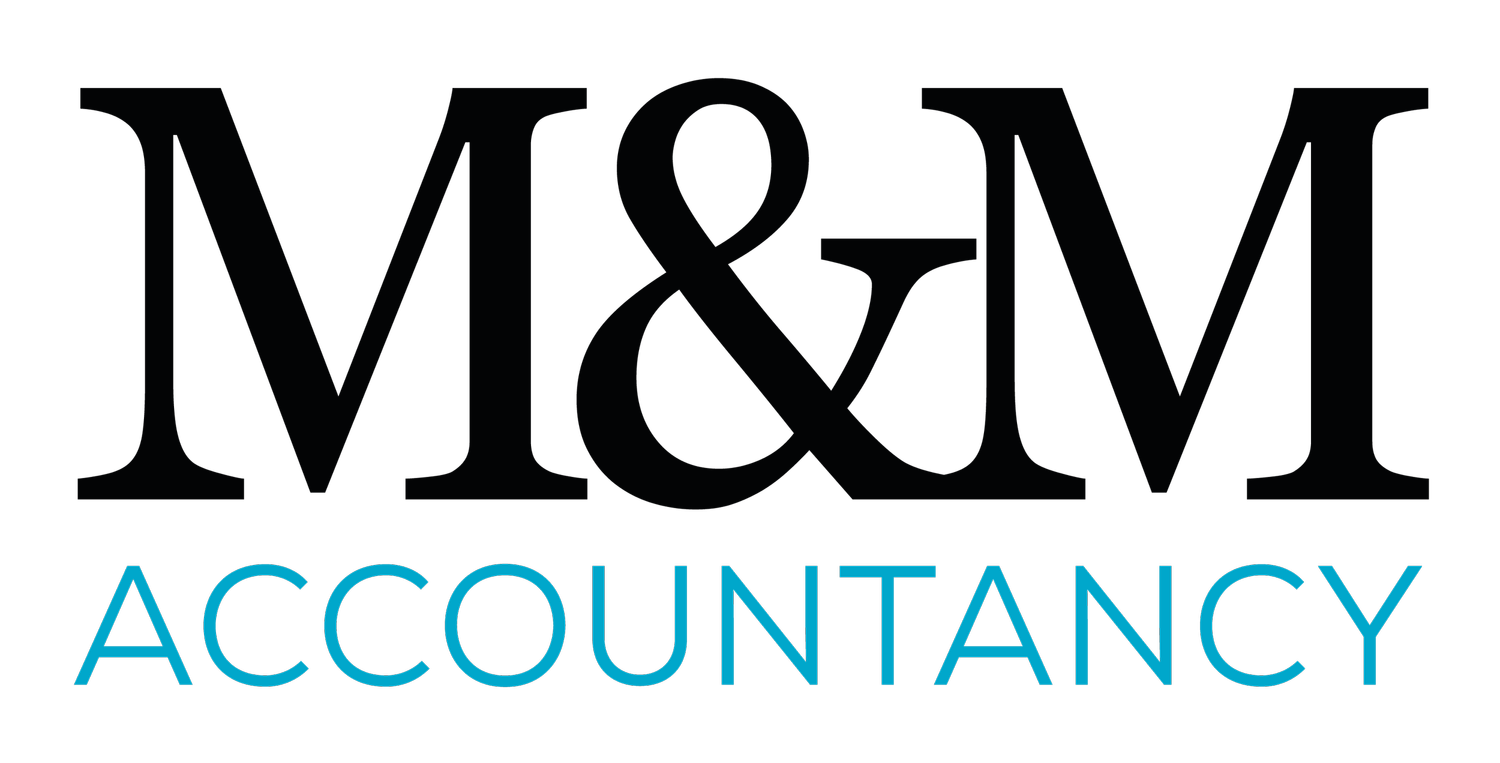Avoiding Common Pitfalls: VAT Filing
Value Added Tax (VAT) has become an important part of doing business in the UAE since its introduction in 2018. VAT filing can be a complex process, especially for those without a financial background, that’s why we advise working with a local business, like M&M Accountancy, to help navigate the registration and submission process. In this guide, we will explore the key aspects of VAT filing in the UAE, focusing on registration, record-keeping, and best practices. Our goal is to provide straightforward advice that any business owner, regardless of their financial expertise, can understand and follow.
Understanding VAT in the UAE
Before we dive into VAT filing best practices, let's clarify what VAT means for your business. VAT is a consumption tax added at every stage of the supply chain. In the UAE, the standard rate is 5%, and it usually applies to most goods and services. However, there are exceptions. Some supplies are zero-rated (with a 0% VAT rate), while others are completely exempt from VAT.
VAT Registration Threshold
To prevent the common mistake of failing to register for VAT, you need to know the registration threshold. Businesses with an annual turnover exceeding AED 375,000 must register for VAT. If your turnover falls between AED 187,500 and AED 375,000, you can choose to register voluntarily, although we advise to keep your bookkeeping records up-to-date and submit your records to ensure compliance.
Registering for VAT in the UAE
Getting your VAT registration right is the first step in staying compliant. In order to do this, it is important to understand even the most basic steps in the process and how to navigate them. Below are two key steps to keep in mind when submitting your registration:
Register on Time: Register for VAT within 30 days of crossing the mandatory registration threshold, this will help you avoid unnecessary penalties and legal issues.
Provide Accurate Information: Ensure that all information about your business, including its legal name, trade name, contact details, and financial information, is complete and accurate. Inaccuracies can lead to delays and fines.
Accurate Record-Keeping and Documentation
Maintaining proper records is essential for VAT compliance. Here are some straightforward practices for bookkeeping:
Keep Invoices and Receipts: Store all invoices, receipts, and financial records for at least five years. These documents are proof of your transactions and important to have during potential VAT audits.
Categorize Correctly: To help in calculating the correct VAT amount, place all supplies (goods and services) in relevant categories, such as zero-rated, exempt, or standard-rated. This will keep your finances organized and make the submissions process easier for you, limiting possible penalties.
Regular Reconciliation: Schedule in time throughout the year, such as monthly, to compare your VAT records with your financial statements. Consistent review of your records will help you easily identify any discrepancies and fix them as they occur.
Provide Training: Educate your accounting and finance staff about VAT regulations and the importance of accurate record-keeping to prevent mistakes. Otherwise, we advise outsourcing your accountancy, bookkeeping and VAT filing VAT submission needs to local businesses like M&M Accountancy.
Timely VAT Filing and Payment
VAT filing in the UAE is typically done quarterly, below are some straightforward practices, businesses use, for timely VAT filing and payment:
Set Up a Filing Calendar: Establish a clear VAT filing calendar to meet all deadlines and avoid unnecessary penalties.
Double-Check Calculations: Ensure your VAT calculations are accurate to prevent disputes with tax authorities.
Use Online Filing: In the UAE, VAT filing and payment are often done online. Make sure you have the right software in place and access to the online portal for timely submissions. You can also outsource your accountancy needs to ensure your VAT filing is done accurately.
On-Time Payment: Pay your VAT liability on time to avoid unnecessary interest charges. Calculate it accurately and have the funds ready for payment.
Seeking Professional Assistance
Navigating UAE's VAT system can be challenging, especially for new businesses or businesses with complex operations. Seeking professional help can make a big difference. Here's how to find the right support:
Hire a VAT Consultant: Consider hiring a VAT consultant, like M&M Accountancy, or tax advisor who understands UAE's VAT regulations. They can provide guidance on VAT registration, compliance, and planning.
Use VAT Software: Invest in VAT accounting software, relevant to your business needs, to automate many VAT-related tasks, reduce the risk of errors and save time.
Regular Review: Schedule regular meetings with your accountancy team, tax advisor or consultant to ensure your VAT compliance processes are up to date and efficient.
Maintain Best Practices
VAT filing in the UAE may seem daunting, but with the right practices and strategies in place, you can avoid costly mistakes. By understanding the UAE's VAT system, registering accurately, maintaining proper records, filing on time, and seeking professional assistance when needed, you can ensure compliance and avoid potential penalties. Keep in mind that VAT regulations may change over time, so stay updated with the latest information and adapt your practices accordingly.




